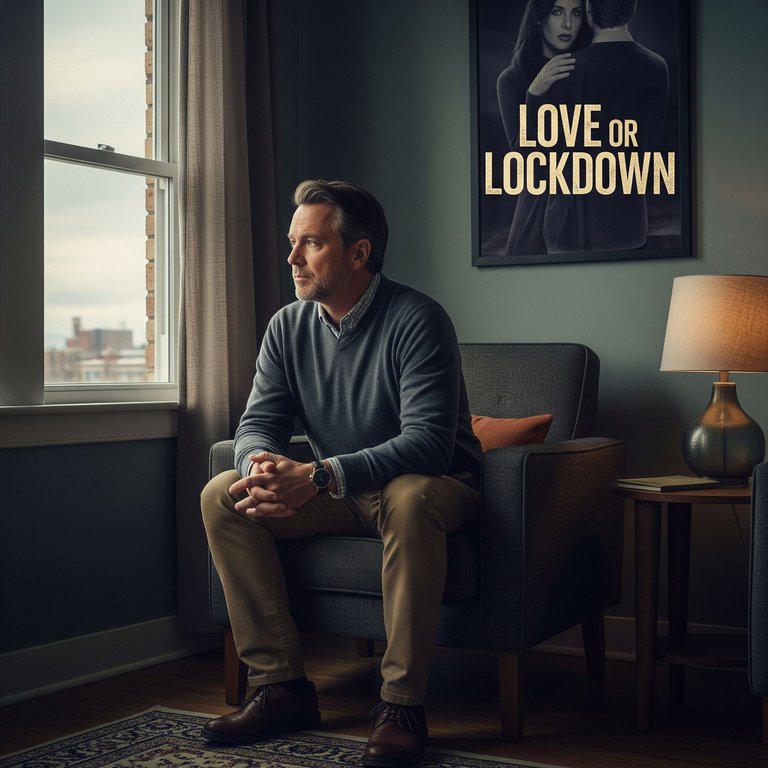Promiscuity and hookup culture: why are they becoming widespread these days? How are they related to feminism?
I just want to summarize AI's response to the above question.
The relationship between promiscuity and hookup culture on the one hand and feminism on the other hand is complex and controversial. This is true even within the feminist camp. However, we can see a connection between the two.
Sexual liberation was one of the goals of feminism in the 1960s and 70s. This ideology challenged the idea of suppressing women's sexuality. They advocate independent choices when it comes to women's bodies. In this context, casual sex is seen as emancipatory. Such an act defies the "patriarchal double standards that praised male promiscuity but shamed women for the same behavior." From this perspective, participating "in hookup culture can be an expression of sexual autonomy and equality." This practice models the idea that women can have sex even without an emotional connection and outside marriage. Nevertheless, feminists debate among themselves whether promiscuity and hookup culture are indeed emancipating and empowering or a new form of exploitation under the patriarchy.
Such is the summary of the response of AI to my inquiry.

For the past few days, I have been watching videos on YouTube about the complexity of the relationship between men and women these days. The question about what contribution a woman is adding to the relationship seems difficult for most women to answer. One video even argues that a woman who does not bring peace but chaos and emotional storms to the relationship is categorically useless. Such a woman is of low value, and men must avoid them like avoiding a plague.
Here are some of the interesting quotes I got from listening to that video:
She creates arguments from things you didn't even realize were problems.
Sometimes the person we thought would bring us peace becomes the loudest storm in our lives.
Love without peace isn't love; it's survival.
If a woman brings chaos into your life, daily fights, emotional games, power struggles, that's not passion; that's a prison.
All the above quotes point to a toxic relationship within the context of love and romance. That to me is tragic.
In another video, when Kevin Samuel asked the woman she's talking to about what a man has to gain in a relationship with her, she mentioned the following: cooking, cleaning, and sex. Kevin responded that many women he dated can't cook, and sex is not one-way. There is a give and take there.
Reflecting on what I have been hearing, I asked this question:
What did the relationship do to you after 30 years?
I am not sure if there are men out there who can relate to this situation. After 30 years, the man is financially worse off, feeling he is starting all over again. He is also emotionally devastated; his name was ruined, and his education has been delayed.
The woman strongly believes that men are gaining a lot from their relationships with women. But when Kevin asked the woman to identify those things, she struggled to name even one.
Relating the video to another scenario. How about a 48-year-old woman with three grown-up sons? What are her prospects of finding a long-term relationship with a man? If a 35-year-old struggles to find a lifelong partner, how much more a 48-year-old? Short fun, perhaps; there are many, but those relationships will ruin her.
If you were in the man's shoes, what would you do? I think I would prefer peace and a sustainable retirement, focusing on fulfilling my life's calling—that is, training the younger generation about the destructive outcome of the feminization of men and the masculinization of women, as well as the danger of the psychologization and politicization of society.
After listening to those two videos, I could not recall in detail the exact ideas that triggered me to write down two paragraphs below in my record book:
When women are in their 20s, they take men they consider average for granted. Now that they had reached their 40s, they started looking for quality men. However, these quality men aren't interested. Instead, they prefer younger women who are less demanding and with less emotional baggage. Older women struggle to embrace these facts. Hitting the wall is painful.
And here is the concluding story about a woman's journey:
In her 20s, she found a "quality man." Near 30s, she realized that the quality man was not real and was just average, and so she ended the relationship and decided to look for her ideal man. Now that she has reached her 50s, she has given up her search and is now willing to lower her standards and settle down with the "average man." Now that the average man is a quality man, he is now considering thrice whether to accept or not this 50-year-old woman or live on his own alone in peace.
Grace and peace!
Posted Using INLEO